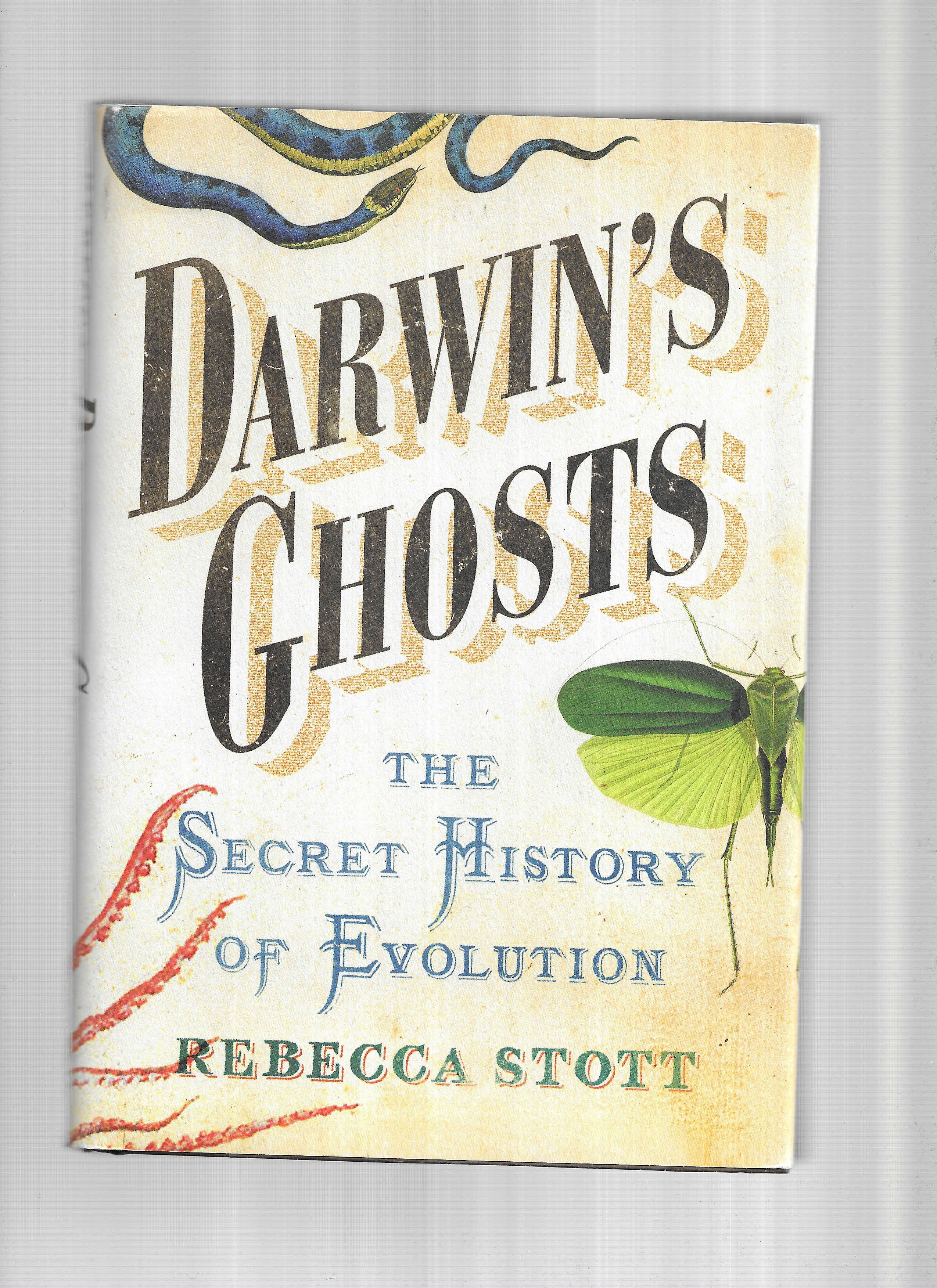Darwin’ Ghosts begins with the recognition that Charles Darwin was not the first person to propose life evolves. We know that, and Darwin did too; as did lots of those who read his The Origin of Species. In later editions of the work, Darwin did include a section recognizing those who published before he did.
In the chapters of book, Rebecca Stott details the stories of many of the thinkers who recognized life evolves before Darwin. This is an interesting addition to the literature surrounding Darwin. (The book is not new. It was written in 2012. It finally got to the top of my “to read” list when I noticed it was available on the app my library uses to make ebooks available to patrons.) I was a biology major in my undergraduate years, and at the time connected with this most important idea in biology. I’ve been a fan of Darwin and from Les like Stephen Jay Gould, Richard Dawkins, and others who have written about various aspects of the origins, development, evidence for, research into, and implications of natural selection during my life.
Stott tells interesting and informative stories. We learn about those who proceeded Darwin, the ideas they developed, and the social landscape in which they worked. Readers leave the book with an understanding of science and the people who did it along with the society that accepts or rejects it. As you might guess, proposals that life evolved are often rejected by society, especially those with politically powerful religious institutions.
It also becomes clear that one of the reasons we trace the origins of evolution as a scientific theory to Darwin is the fact that he was the first (at least the first in the cases described in this book who proposed an explanation for natural selection. The fact life evolves is beyond dispute (but so is climate change, but some choose to reject it too). For more than a century and a half we have used natural selection as a paradigm focusing biological research. Stott tells us the concept has been around far longer, but the explanation needed Darwin’s insight.
